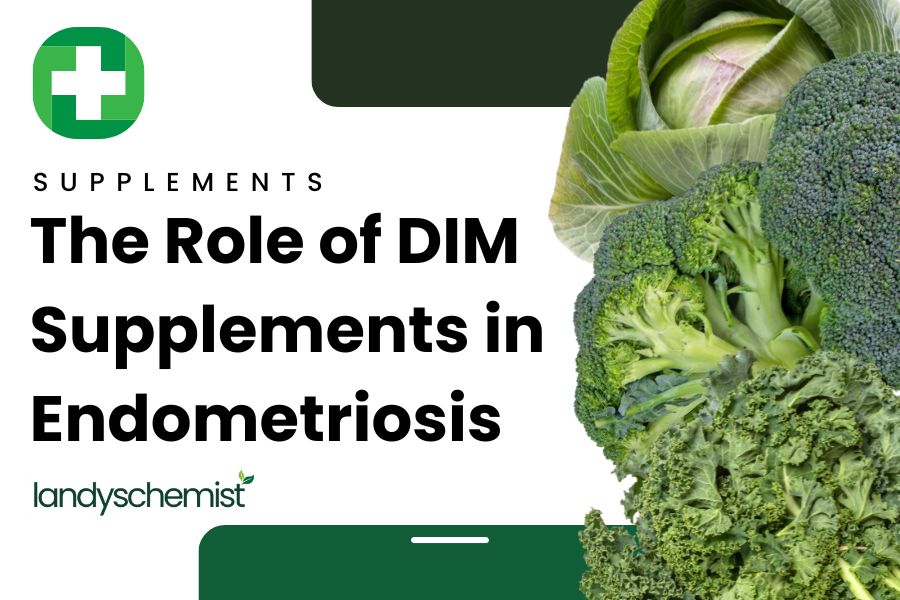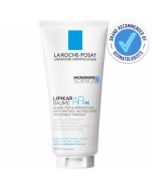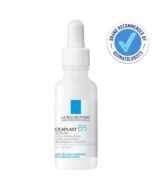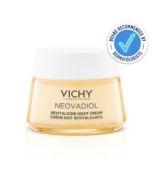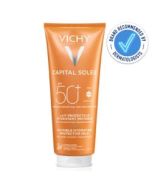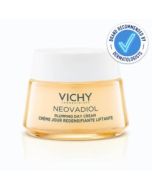
How To Treat Itchy Skin During Menopause
Menopause is a natural phase in a woman's life, marking the end of her reproductive years. While it is a significant and often liberating transition, it can also come with various physical and emotional changes. One of the common discomforts experienced during menopause is itchy skin.
Read More - Menopause 101: Everything You Need To Know
Understand the Causes of Itchy Skin During Menopause
Itchy skin during menopause is predominantly due to hormonal fluctuations during this time that lead to dryness and irritation, making proper skincare essential.
As women approach menopause, the ovaries produce less estrogen and progesterone, leading to hormonal imbalances. Estrogen plays a crucial role in maintaining skin elasticity, collagen production, and moisture retention. With declining estrogen levels, the skin becomes drier and more prone to irritation. Additionally, reduced collagen production can lead to a loss of skin firmness and suppleness, further contributing to itching and discomfort.
Can skincare help with itching?
Yes, skincare plays a vital role in managing and alleviating itching during menopause. By adopting the right skincare routine and using products with nourishing and hydrating ingredients, you can effectively address the dryness and irritation that often accompany this phase.
Let's explore some essential skincare strategies to combat itching and maintain healthy, comfortable skin during menopause.
Alleviate Menopause Itchy Skin With:
1. Gentle and Hydrating Cleansers:
To combat the effects of dryness and itchiness, it is essential to use mild and hydrating cleansers. Avoid harsh soaps and opt for cream-based or gel-based cleansers that won't strip the skin of its natural oils. Look for products containing moisturising ingredients such as glycerin, hyaluronic acid, or ceramides. Cleansing your face and body with lukewarm water is also crucial, as hot water can exacerbate dryness.
2. Fragrance-free Moisturisers:
During menopause, the skin requires intense hydration to combat dryness and itchiness. Invest in a rich, emollient moisturiser that is unfragranced and alcohol free to reduce drying and irritation. Applying moisturiser immediately after bathing or washing your face helps lock in moisture, keeping your skin hydrated throughout the day.
3. Gentle and regular Exfoliation:
Regular exfoliation helps remove dead skin cells, promoting a smoother complexion and improving the absorption of moisturising products. However, during menopause, the skin may become more sensitive, so it is essential to choose gentle exfoliants with fine granules or opt for chemical exfoliants containing alpha hydroxy acids (AHAs) or beta hydroxy acids (BHAs). Exfoliate no more than two to three times a week to avoid over-exfoliation and potential skin irritation.
4. Sun Protection:
Hormonal changes during menopause can make the skin more susceptible to sun damage. Always wear a broad-spectrum sunscreen with at least SPF 30, even on cloudy days. Sunscreen not only protects the skin from harmful UV rays but also helps prevent further dryness and irritation caused by sun exposure.
5. Skin-Friendly Fabrics:
During menopause, the skin may become more sensitive to certain fabrics, exacerbating itchiness and irritation. Opt for clothing made from soft, breathable materials like cotton and linen. Avoid synthetic fabrics, as they can trap heat and moisture, leading to discomfort and itching.
6. Staying Hydrated:
Drinking plenty of water is essential for overall health, including skin health. Staying hydrated helps maintain the skin's natural moisture balance and can reduce dryness and itchiness. Aim to drink at least eight glasses of water per day, or more if you are physically active.
Skincare Recommendations:
Cleanse with
To effectively address these concerns and maintain a healthy skin barrier, cleansing becomes a crucial step in your skincare routine. CeraVe Hydrating Cleanser is an ideal choice for menopausal itchy skin. Formulated with ceramides, hyaluronic acid, and essential lipids, this gentle cleanser provides much-needed hydration while effectively removing impurities and excess oil without disrupting the skin's natural balance. Its non-irritating, fragrance-free formula ensures a soothing cleanse that won't exacerbate sensitivity.
When it comes to cleansing the body, La Roche-Posay Lipikar Syndet AP+ Body Wash protects the against the drying effects of water and immediately locks moisture into skin for 24-hour hydration.
Moisturise with
Vichy's Neovadiol skincare range is specifically designed to address the unique needs of menopausal skin, providing optimal hydration and relief from discomfort. By incorporating these moisturising products into your daily skincare routine, you can effectively combat the itchiness associated with hormonal fluctuations. Formulated with powerful ingredients such as Pro-Xylane and Hyaluronic Acid, Vichy's Neovadiol range replenishes moisture levels, improves skin density, and restores a youthful glow.
Use the La Roche-Posay Lipikar Moisturising Balm AP+M for your body as it proves to be an ideal solution for menopausal women experiencing itchy skin. Enriched with the soothing power of niacinamide and shea butter, this balm offers intense hydration and restores the skin's natural protective barrier. Its non-greasy, fast-absorbing formula.
Alternatively, coconut oil and aloe vera can be great at soothing and moisturising the skin throughout the day.
Summary
- Menopause causes hormonal fluctuations leading to dry and itchy skin due to reduced estrogen and collagen levels.
- Skincare is crucial in managing menopause-related itching. Gentle cleansers and unperfumed moisturisers help retain moisture and alleviate dryness.
- Regular moisturising, gentle exfoliation, sun protection, skin-friendly fabrics, and staying hydrated contribute to maintaining healthy, comfortable skin.
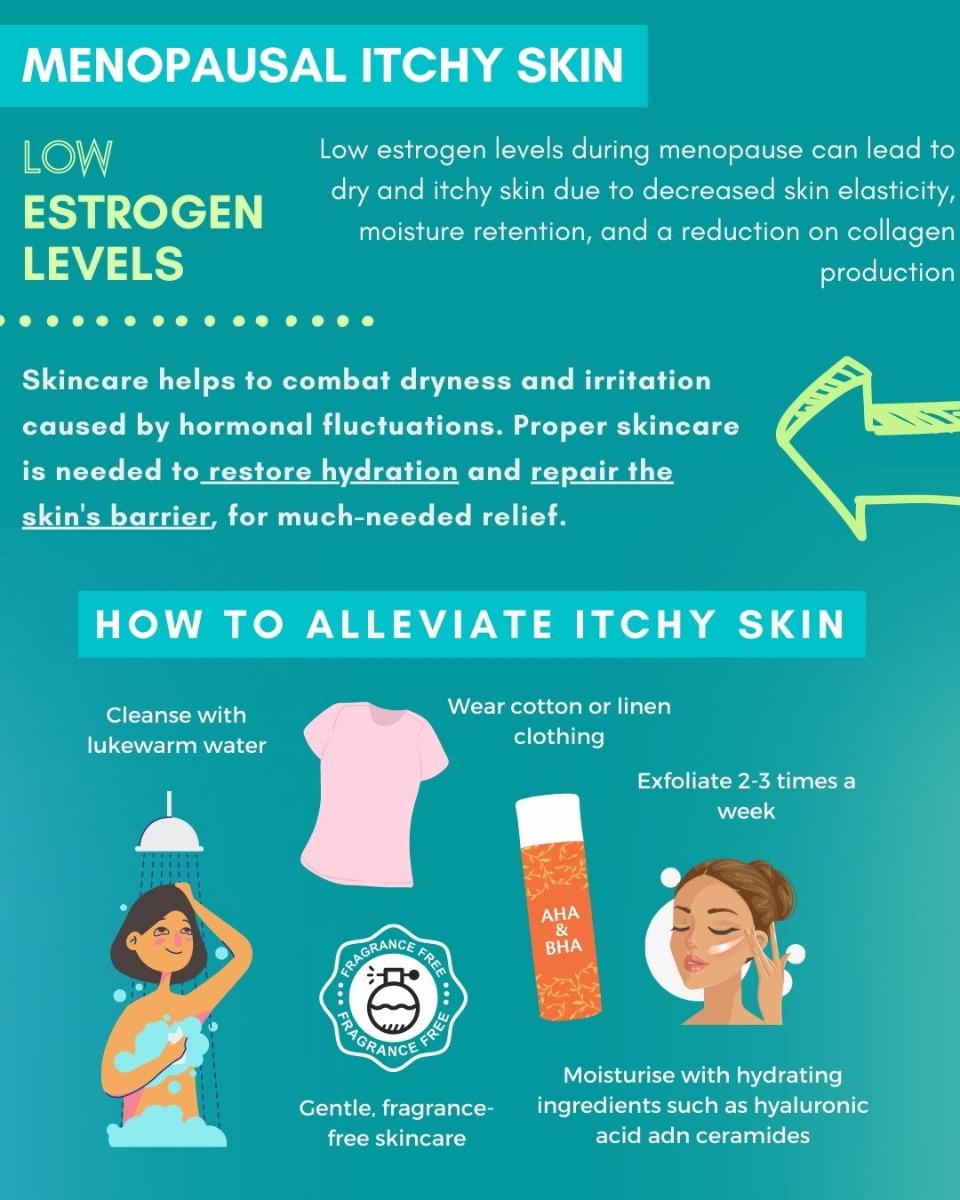
Keywords: Itchy menopause skin, Menopause itching, Menopause dry skin, Menopause skincare, Vichy Neovadiol for Menopause
By Rhysa Phommachanh BA (hons) Specialist Media Makeup an Skincare



